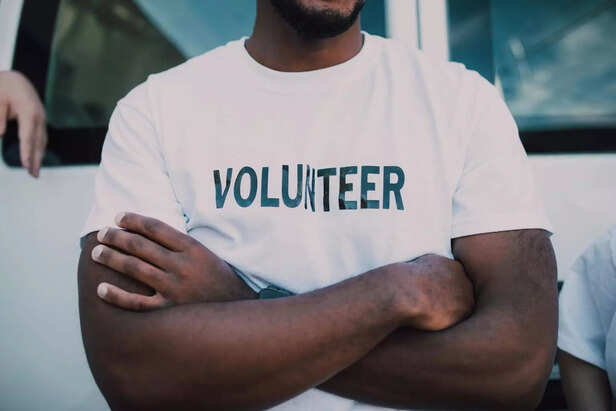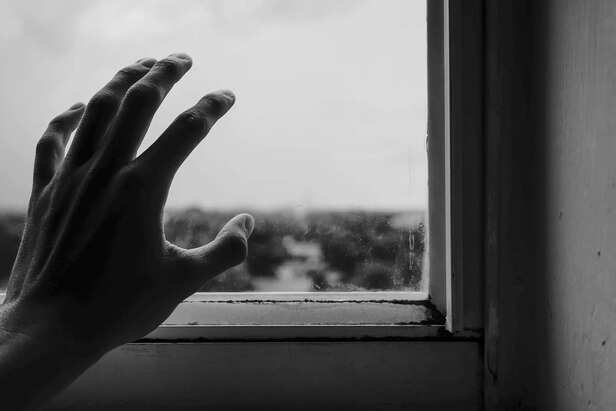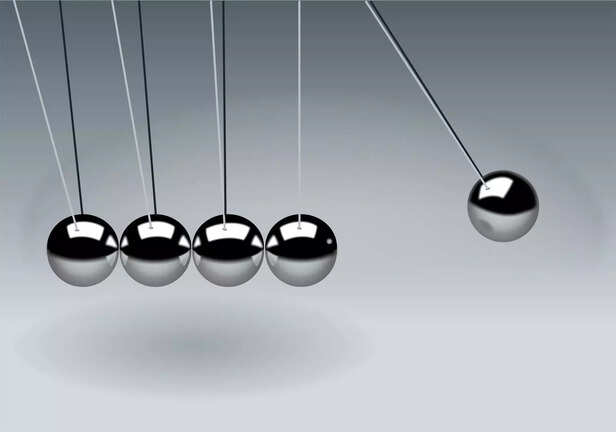The Dark Truth About Karma No One Talks About
Riya Kumari | Mar 11, 2025, 23:44 IST
( Image credit : Timeslife )
Look, I love the idea of karma. Who doesn’t? It’s comforting. Like, “Oh, that guy who stole my parking spot? The universe will totally handle him.” It lets us believe that life has a built-in customer service department that guarantees refunds for our pain and penalties for our enemies. But here’s the thing no one tells you about karma: it’s not some celestial DoorDash delivering revenge and rewards on demand. If you’re waiting for karma to show up like a romcom climax—storming into the wedding to expose the villain—it’s time to grab a snack. Because it might never come.
We love the idea of karma. It makes the world feel fair. If we do good, we get good. If someone wrongs us, they’ll get what’s coming. It’s a comforting thought—that justice is woven into the very fabric of existence. But here’s the uncomfortable truth: karma doesn’t work the way we want it to. And the sooner we understand this, the sooner we free ourselves from one of the biggest illusions in life.
1. Karma Doesn’t Work on Your Timetable

We expect karma to be efficient. Someone hurts us, and we secretly wait for the universe to balance the scales. But karma isn’t Amazon Prime. It doesn’t guarantee two-day delivery. Sometimes, it takes years. Sometimes, lifetimes. And sometimes, the person who wronged you thrives while you struggle, making you wonder if karma even exists at all.
But here’s the thing: karma isn’t about making them suffer. It’s about making you free. If you keep waiting for their downfall, you’re the one who stays stuck. If you waste your energy hoping for their suffering, you’re the one suffering. The real power move? Let them go. Because karma’s job isn’t revenge—it’s balance. And that balance might come in ways you’ll never see.
2. Bad Things Happen to Good People, and It’s Not Always “Karmic”

One of the most harmful misunderstandings about karma is the idea that if something bad happens, we must have “deserved” it. That we must have done something, in this life or another, to earn our suffering. But life isn’t that simple. A child isn’t born into poverty because of their “past sins.” A person doesn’t get sick because they “had it coming.” Sometimes, terrible things happen to good people for no logical reason at all. And sometimes, the most corrupt individuals rise to power and live long, comfortable lives.
Karma isn’t a vending machine where your good deeds guarantee good results. It’s a force of cause and effect, but it moves through infinite variables—human choices, natural forces, collective energy. Sometimes, the innocent suffer, and sometimes, the wicked escape consequences. That’s not a failure of karma. That’s just the reality of a world far more complex than we like to believe.
3. Your “Good Deeds” Don’t Guarantee a Reward

A lot of us treat karma like a bank account. Be kind, be generous, be patient, and the universe will eventually pay us back. But true goodness isn’t transactional. If you’re only doing good because you expect something in return, it’s not goodness—it’s a business deal.
The real test of character is this: Would you still choose kindness if you knew you’d get nothing for it? Would you still help others, still stay honest, still do the right thing if there was no reward? Because that’s where real karma begins—not in what you get back, but in who you become.
4. The Harshest Karma Isn’t What Happens to Someone

You may never see a cruel person get punished. You may never witness justice in a way that satisfies your sense of fairness. But karma isn’t always visible. It’s not always about a villain losing everything in dramatic fashion. Sometimes, the real karma is the slow erosion of the soul. The way greed eats away at peace. The way dishonesty builds a life where no one truly trusts you. The way a selfish person may seem to have it all, but never experiences real love, real connection, real purpose.
People who hurt others may seem to “get away with it,” but they don’t escape the consequences of being who they are. A life built on harm is a life of isolation, paranoia, and emptiness—even if it’s wrapped in wealth and power.
5. The Only Karma That Matters Is the One You Create for Yourself

So here’s the real lesson: Stop worrying about whether someone else will get what they deserve. The moment you wait for another person’s downfall, you’re feeding a cycle of negativity that only keeps you trapped. Instead, focus on your own karma—not because it guarantees rewards, but because who you are is the only thing you truly control.
Live with integrity. Be kind because it makes your soul lighter. Forgive because carrying resentment only poisons you. Let go of bitterness, not because it excuses the past, but because it frees your future. That’s the truth no one tells you about karma: It’s not about what happens to you. It’s about what happens within you. And that is where your real power lies.
1. Karma Doesn’t Work on Your Timetable

Time
( Image credit : Pexels )
We expect karma to be efficient. Someone hurts us, and we secretly wait for the universe to balance the scales. But karma isn’t Amazon Prime. It doesn’t guarantee two-day delivery. Sometimes, it takes years. Sometimes, lifetimes. And sometimes, the person who wronged you thrives while you struggle, making you wonder if karma even exists at all.
But here’s the thing: karma isn’t about making them suffer. It’s about making you free. If you keep waiting for their downfall, you’re the one who stays stuck. If you waste your energy hoping for their suffering, you’re the one suffering. The real power move? Let them go. Because karma’s job isn’t revenge—it’s balance. And that balance might come in ways you’ll never see.
2. Bad Things Happen to Good People, and It’s Not Always “Karmic”

Sad
( Image credit : Pexels )
One of the most harmful misunderstandings about karma is the idea that if something bad happens, we must have “deserved” it. That we must have done something, in this life or another, to earn our suffering. But life isn’t that simple. A child isn’t born into poverty because of their “past sins.” A person doesn’t get sick because they “had it coming.” Sometimes, terrible things happen to good people for no logical reason at all. And sometimes, the most corrupt individuals rise to power and live long, comfortable lives.
Karma isn’t a vending machine where your good deeds guarantee good results. It’s a force of cause and effect, but it moves through infinite variables—human choices, natural forces, collective energy. Sometimes, the innocent suffer, and sometimes, the wicked escape consequences. That’s not a failure of karma. That’s just the reality of a world far more complex than we like to believe.
3. Your “Good Deeds” Don’t Guarantee a Reward

Volunteer
( Image credit : Pexels )
A lot of us treat karma like a bank account. Be kind, be generous, be patient, and the universe will eventually pay us back. But true goodness isn’t transactional. If you’re only doing good because you expect something in return, it’s not goodness—it’s a business deal.
The real test of character is this: Would you still choose kindness if you knew you’d get nothing for it? Would you still help others, still stay honest, still do the right thing if there was no reward? Because that’s where real karma begins—not in what you get back, but in who you become.
4. The Harshest Karma Isn’t What Happens to Someone

Grief
( Image credit : Pexels )
You may never see a cruel person get punished. You may never witness justice in a way that satisfies your sense of fairness. But karma isn’t always visible. It’s not always about a villain losing everything in dramatic fashion. Sometimes, the real karma is the slow erosion of the soul. The way greed eats away at peace. The way dishonesty builds a life where no one truly trusts you. The way a selfish person may seem to have it all, but never experiences real love, real connection, real purpose.
People who hurt others may seem to “get away with it,” but they don’t escape the consequences of being who they are. A life built on harm is a life of isolation, paranoia, and emptiness—even if it’s wrapped in wealth and power.
5. The Only Karma That Matters Is the One You Create for Yourself

Action
( Image credit : Pexels )
So here’s the real lesson: Stop worrying about whether someone else will get what they deserve. The moment you wait for another person’s downfall, you’re feeding a cycle of negativity that only keeps you trapped. Instead, focus on your own karma—not because it guarantees rewards, but because who you are is the only thing you truly control.
Live with integrity. Be kind because it makes your soul lighter. Forgive because carrying resentment only poisons you. Let go of bitterness, not because it excuses the past, but because it frees your future. That’s the truth no one tells you about karma: It’s not about what happens to you. It’s about what happens within you. And that is where your real power lies.
